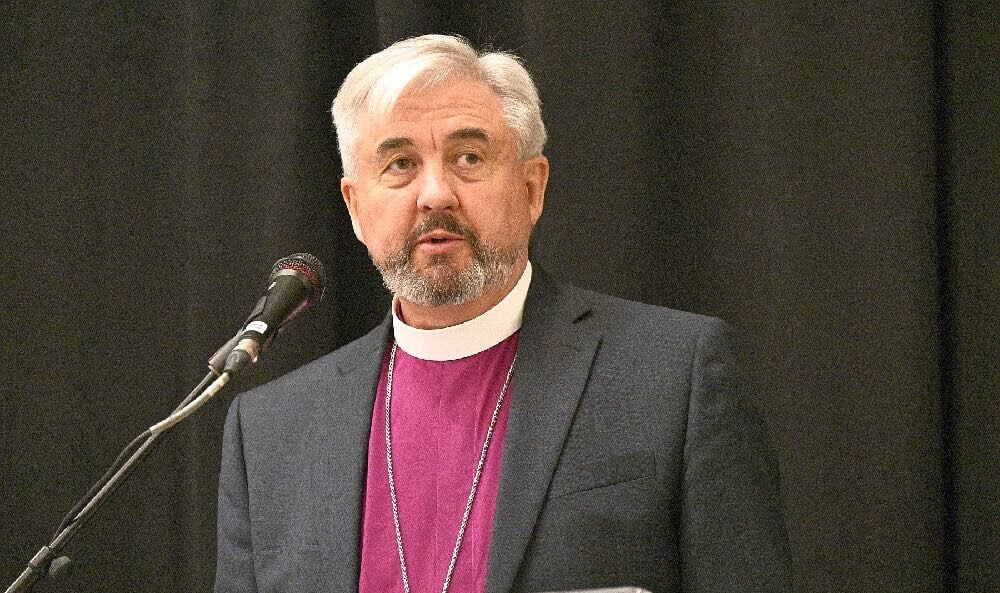Bishop Shane Parker reminded Synod members that 15 years ago, the Anglican Diocese of Ottawa had 74 parishes, but 45% of them were in some way vulnerable. Today, he pointed out, the diocese has 49 parishes but only 6% of them might be considered vulnerable in some way. “This did not come about by accident,” he said. ‘Many of you have been actively engaged, often in consultation with me, in considering the facts, the feelings, and taking time to pray about what your best option is to thrive at this time.”
Some parishes have chosen to preserve the status quo, while others amalgamated with neighbouring parishes, chose to become a chapel, and others have made the difficult decision to disestablish and been warmly received into neighbouring parishes. “That’s extremely important. We do not walk away from people,” said Bishop Shane. “We might close a building, but we don’t close relationships.” He recommended a step-by-step online guide that has been created for parishes considering major change and reminded them to also “bring in the bishop” as they talk about major change.
The bishop noted that Result 3 also calls for promoting innovation and collaboration across the diocese. Archdeacon Patrick Stephens is chairing an Episcopal panel which is getting underway and considering how to approach hospital ministry in a collaborative way, the bishop said, adding that the new youth program, ADOyouth, is another collaborative example.
Related articles:
Ascension House directors working to reduce parish costs and increase services
Time of Prayer resources posted
Contextual mission guide online
Telling our parish ministry story
Synod renews commitment to work for housing justice
Guest speaker encourages Synod to focus on the deep spiritual question of ‘Why?’


Saint Mary’s Church, Westmeath — Deanery of the Northwest